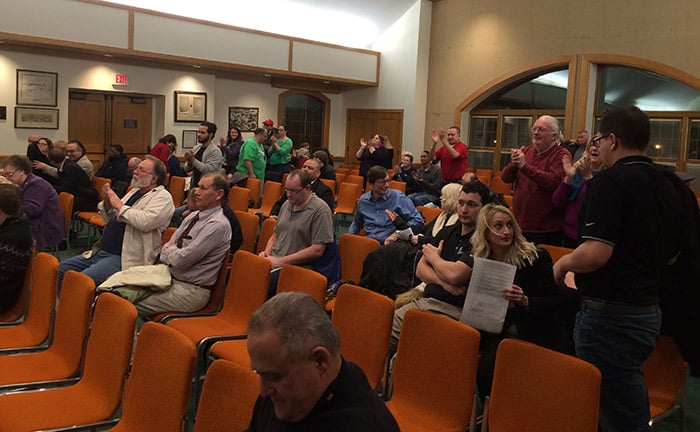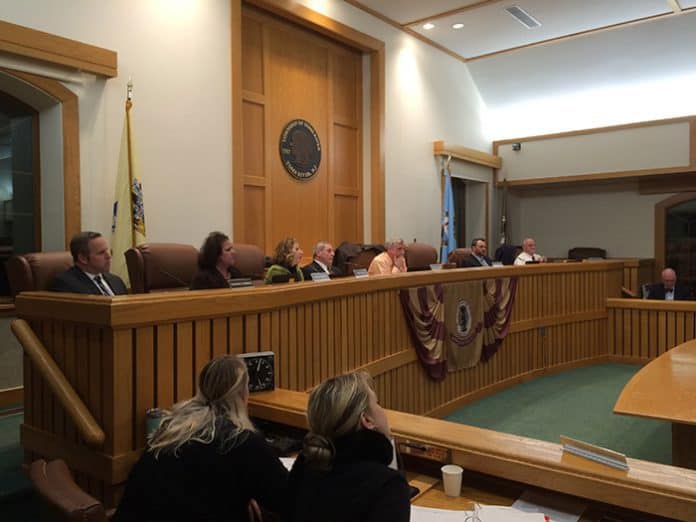
TOMS RIVER – Citing a need for more information, and questions of the legality of the ordinance, the Toms River Township Council unanimously voted to table an ordinance that would have banned recreational marijuana sales in town.
Toms River was one of several local towns that had made movements toward banning the sale of recreational marijuana after Gov. Phil Murphy was elected, since legalizing the drug was one of his campaign promises.
The ordinance would have prohibited the sale, dispensation, and cultivation of marijuana within the township.
Councilwoman Laurie Huryk gave a brief statement that it would be prudent for the council to wait until the state legislature officially makes it legal before the town makes it illegal. The Council would likely have to rework the ordinance after the state lawmakers made their decision anyway.
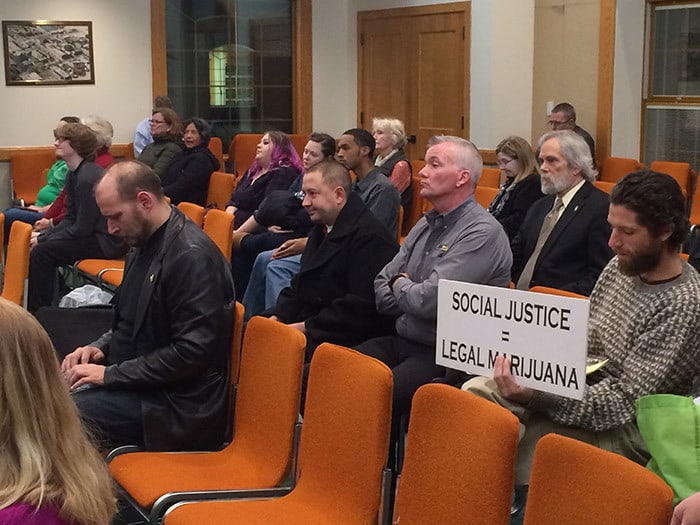
In the meantime, the council should do more research on the subject so that they can have a more informed vote on the issue, she said. She made the motion to table the ordinance, which means that the vote to make the ordinance into law was pushed off indefinitely. The rest of the council voted unanimously to table the ordinance.
The legality of the measure was not really touched upon during a lengthy public forum leading up to the vote. They brought up the loss in revenue that the township could lose by having a dispensary in town. One resident asked to put it to voters as a referendum. They talked about the hypocrisy of having dozens of local bars and liquor stores, which they said is more harmful than marijuana.
“More people will die from alcohol today than will die from marijuana in a decade,” resident Bryce Morgan said.
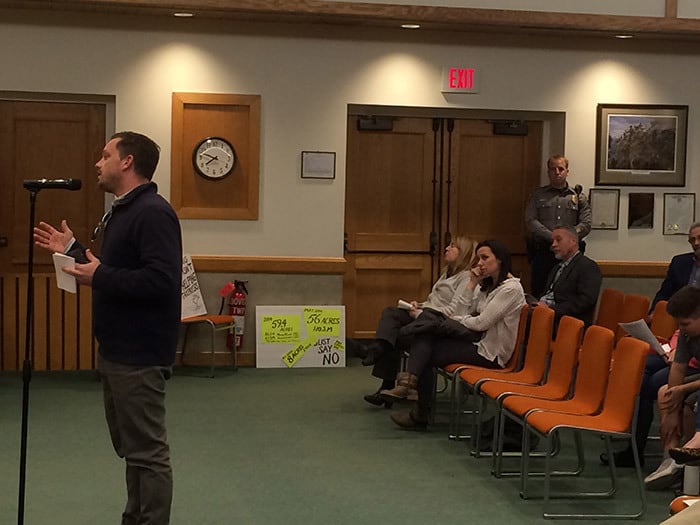
People came from other towns, such as Asbury Park and Eatontown, to show their support for recreational marijuana. There was even a union representative from the United Food and Commercial Workers Local 152. Hugh Giordano said that dispensary workers are protected by his union. He said they are hard-working people who are earning a living wage, and are making dispensaries safe places for their neighborhoods.
This area is in the grip of an opioid epidemic, and if people had access to a safer drug, there would be less overdoses, said a younger resident, Jacob Novak.
“My graduating class was not as big as it should have been,” he said emotionally.
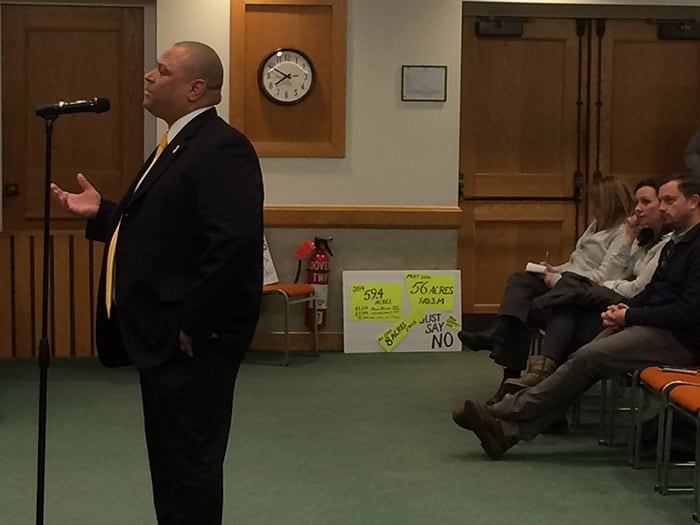
Although the township’s ordinance would have allowed medicinal marijuana, there were still several advocates of medicinal use who spoke. They said that the laws are so strict governing medical use that it would be better for people who need it to get it another legal way.
A few speakers were in favor of the ban. Rory Wells, a pastor and a former assistant prosecutor, said that a state like Colorado did it wrong.
“Nobody talks about Denver’s restaurants,” he said. They only talk about pot.
“Your brand can be destroyed very quickly,” he said, reminding people what happened to summer tourism after needles washed up on the beach. Families would see the area as a drug area and stay away.
